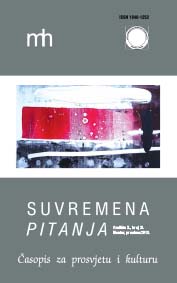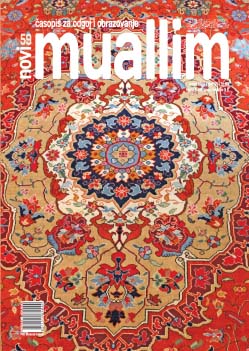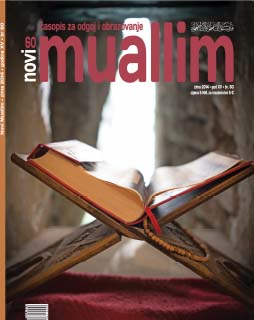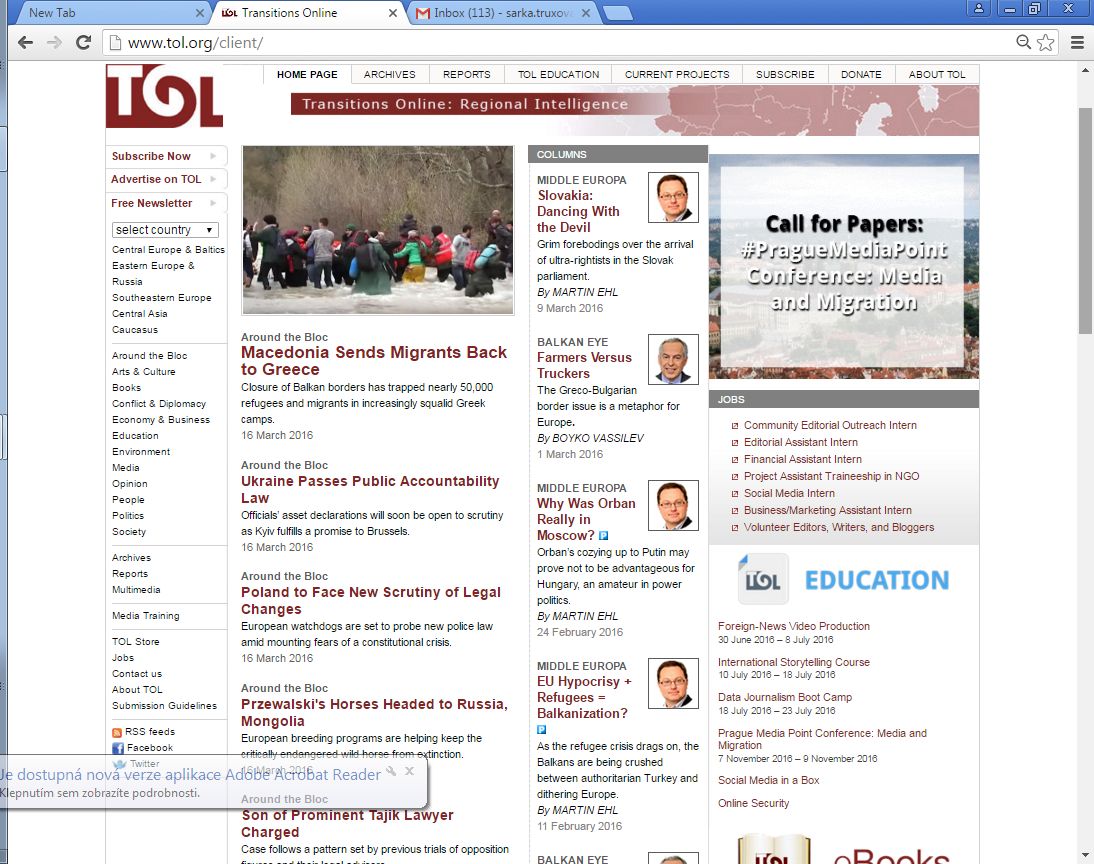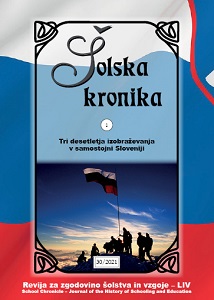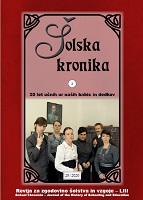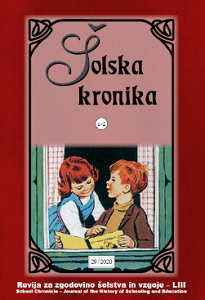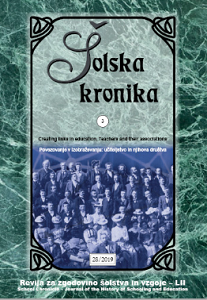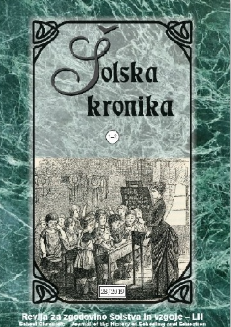Author(s): Branko Šuštar / Language(s): Slovenian
Issue: 1-2/2019
“School museums and digitalization. Challenges for school museums and history of education in a time of globalization and digitalization” The 18th Symposium on School Museums and History of Education Collections, Copenhagen 2019 The 18th biennial symposium of school museums and educational history collections, which has been taking place since 1984 - in recent years in Ljubljana in 2013, Ballarat, Australia in 2015, and in Dordrecht, Netherlands in 2017 – took place this year in Copenhagen, Denmark (University Campus Emdrup). The symposium on the theme of digitalization was organised by Aarhus University - Danish School of Education (DPU), its pedagogical library as part of the Aarhus University Library, and the main Danish state library, the Royal Danish Library, and included in the project Skolehistorie, which is where the website of the conference can be found at http://skolehistorie.au.dk/en/. Under the title “Challenges for school museums and history of education in a time of globalization and digitization” the symposium, attended by 50 to 60 people from museums and other institutions from 12 European countries, was led by Ning de Coninck-Smith, Professor DPU, and colleagues. The three-day event dealt with the theme of digitalization with four key speakers from outside museum circles: three from the host-country who, adapting the subject to a conference for school museums, presented the rich content from the viewpoint of a digitalization expert (Rameshnath Krishnasamy), conservation-librarianship (Ulla Bogvad Kejser) and museum science (Merete Sanderhoff, National Gallery of Denmark: Open Digital Cultural Heritage). The contribution by the German historian Sebastian Schmideler from Leipzig attractively presented illustrated children's literature from the 18th and 19th centuries. The two introductory addresses (also mentioning the development of our symposia) and the talks by the three key Danish speakers, which enabled the participants from various, usually small school museums, to meet with the wider issue of digitalization from the viewpoint of the extensive experiences from larger cultural institutions, are fully accessible on the conference’s website (and on YouTube). This is also where a documentary film can be found, made after the closure of the Danish School Museum in 2008, featuring the last director of the museum, Dr Keld Grinder-Hansen (1959-2019), who died just over a month before the symposium. The film presents the care taken of the extensive collections on education from the closed museum, especially wall charts. In a way, the web portal Skolehistorie also continues the museum’s work on the history of Danish education. Speakers from individual school museums and other institutions connected with the history of education presented the beginnings and their subsequent experiences of including digital presentations in their museum work. Some approaches were outright inspiring and all were valuable in an exchange of ideas and for learning about each other’s work. A number of abstracts from their contributions are available on the symposium’s website. It was also interesting to visit a small rural school museum (Flakkebjerg Skolemuseum). If attendance at the last three symposia of school museums was affected by the distance and late information, this will not be the case with the next one. Our Greek colleagues, who this time participated with two contributions from Crete, have already sent out a call for papers and submitted the theme: “School Museums, Museum Education and Educational History: Creating Learning Experiences and Building Bridges for Open and Sustainable Societies.” Save the date for the 19th International symposium on school museums and history of education collections - Tuesday 25th to Friday, 28th of May 2021!
More...
